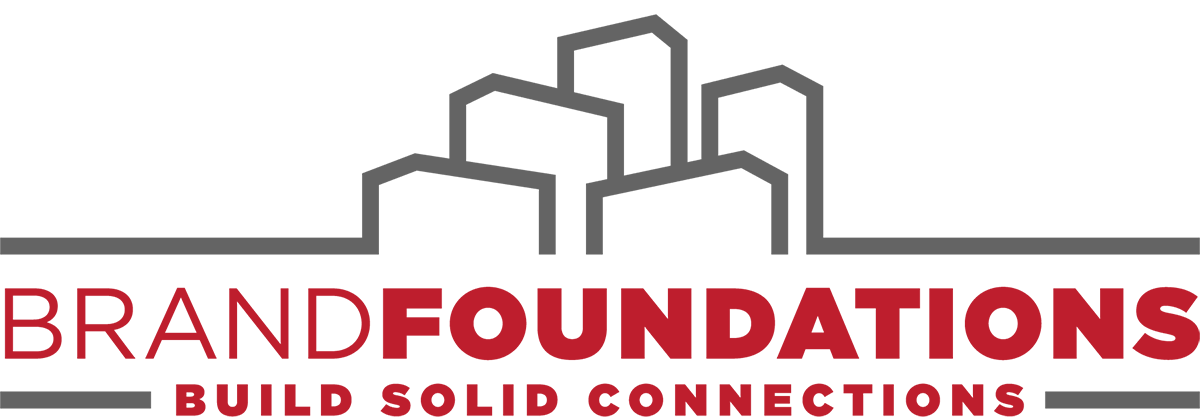My first outdoor adventure took place when I was five years old, sleeping in two-man, Army-issue canvas tent in the backyard with my Dad. He had bought me a first set of camping gear, which consisted of a small backpack, a flashlight, a canteen, and a first-aid kit. I gathered all this precious gear around me in the tent that night as Dad shared stories of his own outdoor adventures, which ranged from peaceful childhood hikes in the Green Mountains of Vermont to harrowing night patrols in the rice paddies of Vietnam. Drifting off to sleep, I remember thinking to myself that, with the right tools, I would always be able to push beyond my comfort zone, take on greater responsibility, overcome incredible challenges and experience the most amazing adventures.
Some 45 years later, as I walked the floors of the Colorado Convention Center, soaking in the sights and sounds of my first Outdoor Retail Snow Show, the memory of that night – and the notion that success is all about having the right “gear” – came flooding back…but with a twist.
Over three days, I witnessed an industry striving to: (1) overcome challenges like tariffs and technology change, (2) take even greater responsibility for climate change action, (3) push beyond its comfort zone by speaking out on social and political issues, and (4) deepen relationships through outreach to underserved communities and experiential marketing events. I also witnessed some well-intentioned but unfortunate missteps, such as the backlash that arose from a widely publicized diversity and inclusion initiative.
Just like my pup-tent epiphany, it dawned on me that the industry will need to have the right “gear” in order to thrive. One critical tool is a framework known as “Conscious Capitalism.”
First introduced in 2013 by Whole Foods Founder John Mackey and Bentley University professor Raj Sisodia, the Conscious Capitalism movement posits that free-market capitalism is good, ethical, noble and heroic, and that humanity can be elevated through business. However, in order to do so, businesses and industries need to adhere to four basic tenets:
Higher Purpose: Profits are to businesses as oxygen is to humans: we need it to survive, but it’s not what we live for. There has to be a higher purpose that brings us to work each day. For conscious businesses, profit is a means to a purposeful end.
Stakeholder Orientation: Famed environmental philosopher John Muir once said: “When you tug at a single thing in nature, you find it attached to the rest of the world.” Such is the case with business, which operates in an ecosystem of employees, customers, suppliers, investors, competitors, and societal environment. Conscious businesses value and care for EVERYONE in their ecosystem, motivating their stakeholders by creating “win-win-win” outcomes for all who are impacted by their business.
Conscious Culture: Your business’ culture is its heartbeat. Without a healthy culture, the business will ultimately fail. A conscious culture fosters trust and care, building trust between a company’s team members and its other stakeholders and acting as an energizing and unifying force that truly brings a conscious business to life.
Conscious Leadership: Conscious businesses cannot exist without conscious leaders. Conscious leaders focus on “we” rather than “me.” They inspire positive transformation, bring out the best in those around them, keep the business focused on its “higher purpose,” and intentionally cultivate a culture of trust and care.
Conscious Capitalism provides the ideal roadmap for the industry to tackle the challenges ahead and aligns neatly with some of the emerging initiatives I saw at the show. It is my hope that by spreading awareness of this framework – this essential piece of “gear” – industry leaders will find a way to guide and align the activities of all stakeholders. They’ll be able to create a multiplier effect on their efforts and keep alive the dreams of outdoor adventure for future generations of kids camping out for the first time in their backyards.
If you’d like to learn more about how to become a conscious business, download this diagnostic assessment and share with your leadership team. Then contact us to contact us for ways to enhance or capitalize on your results.




